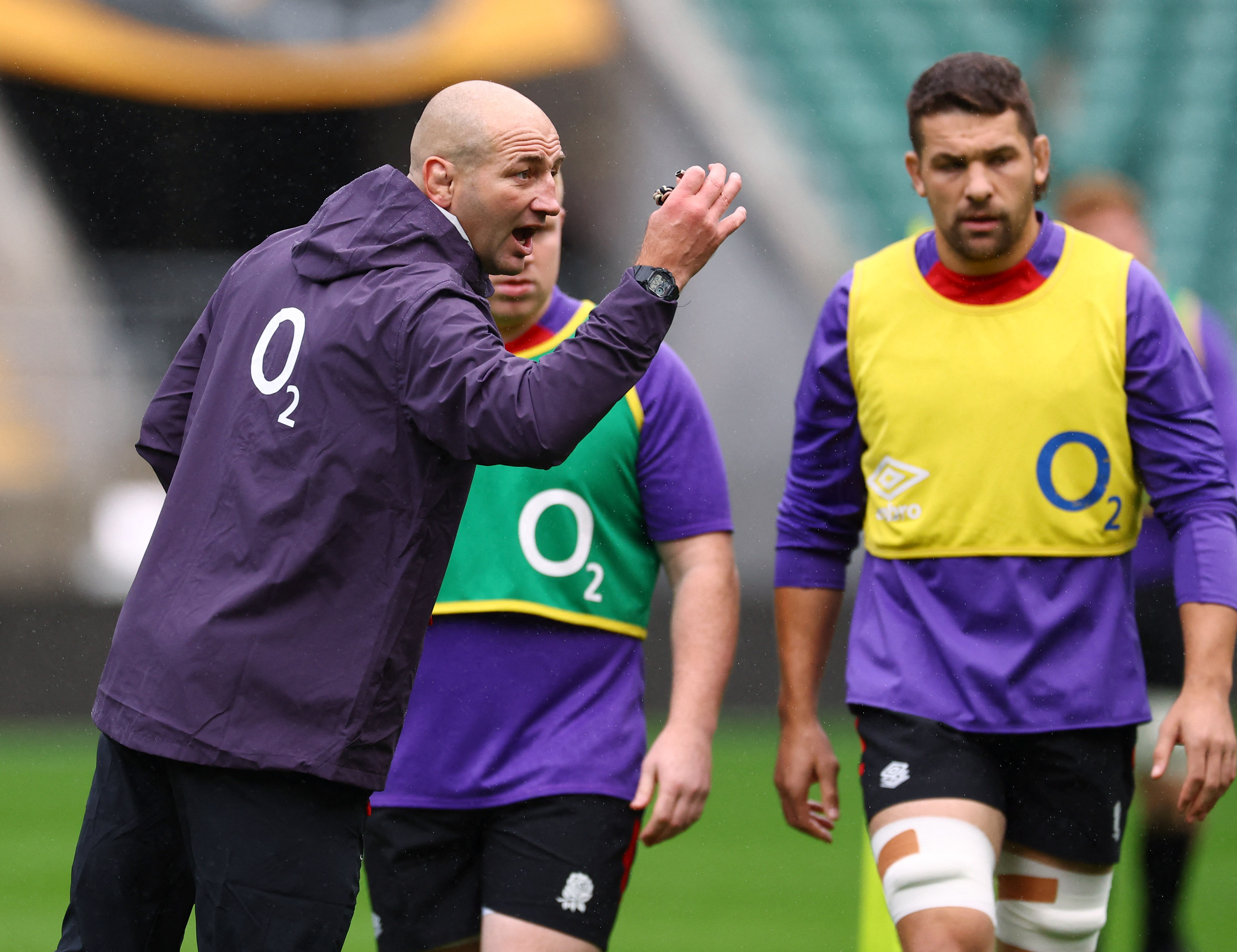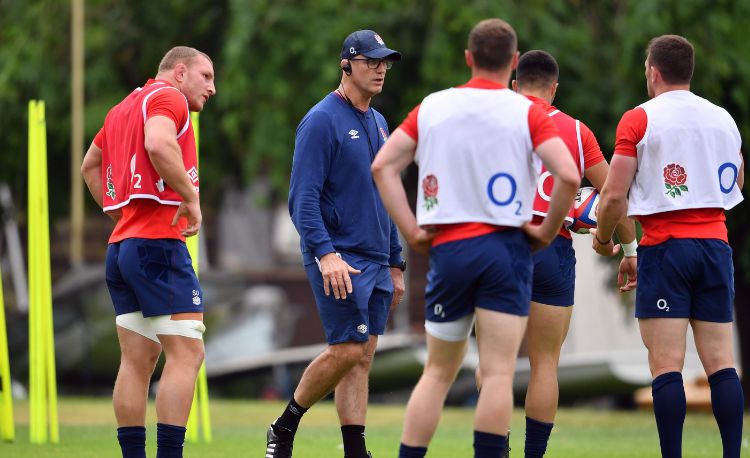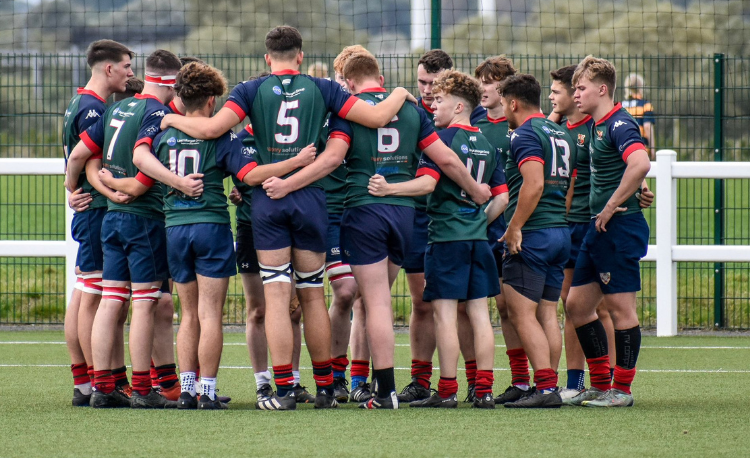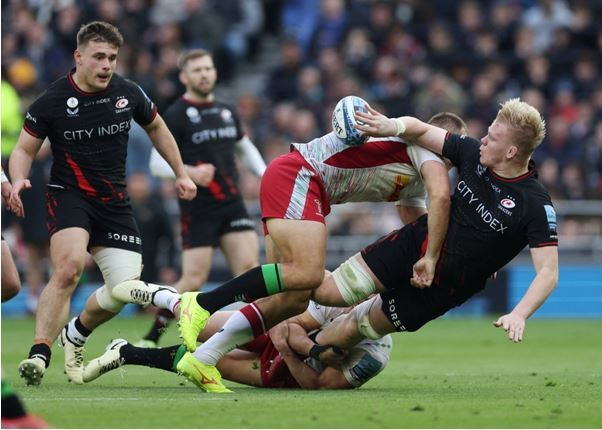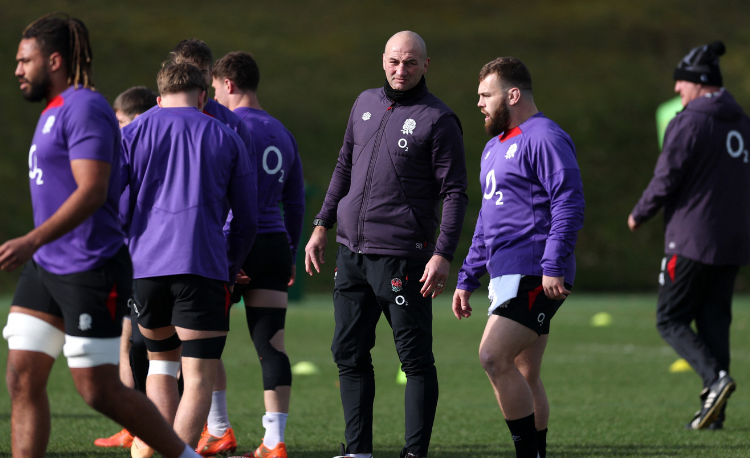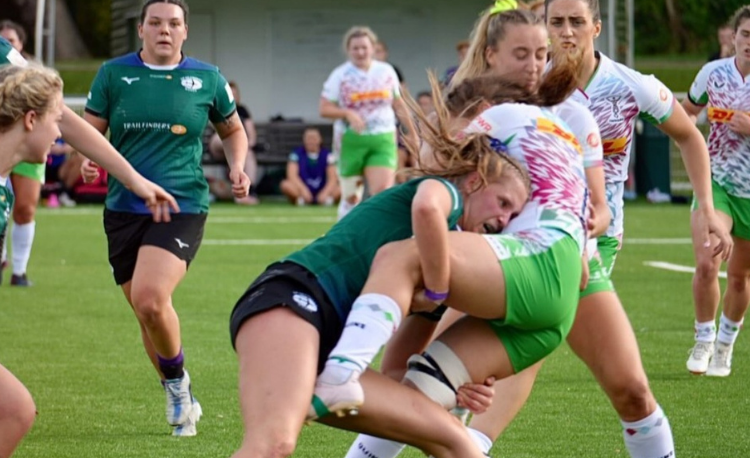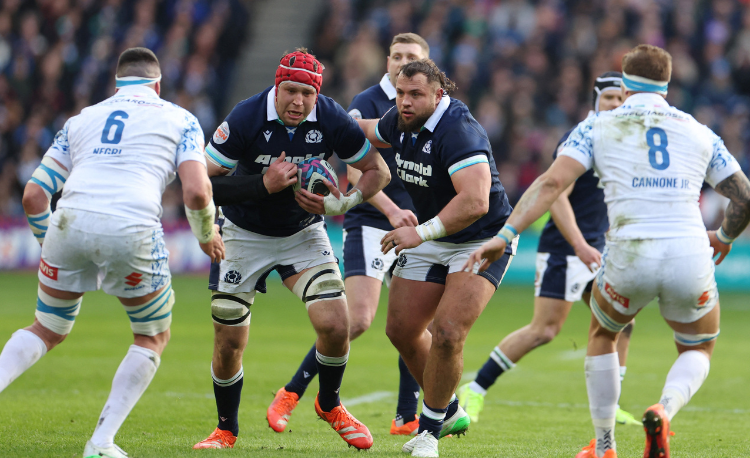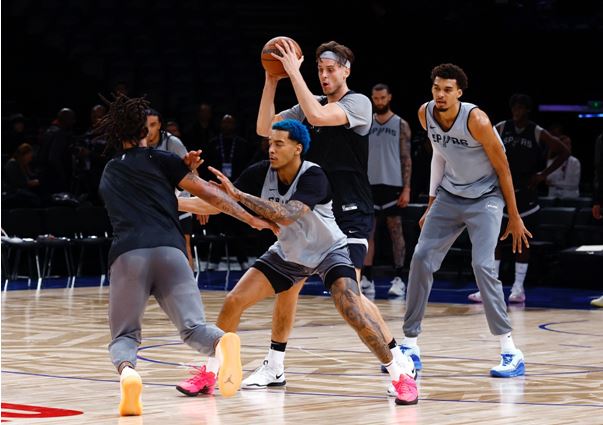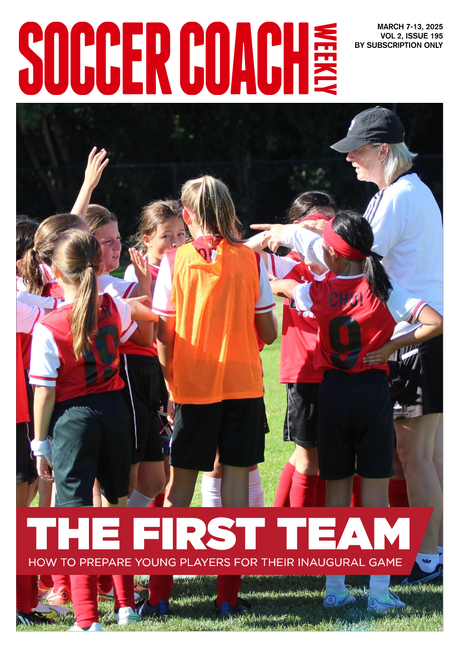A guide to using trial games for selection

Selecting a squad for a season from trials is fraught with difficulties, but is a necessary evil to have a workable size for a team to function during the season. There are other methods, yet there aren't always possible unless you have a long trial period before final selection.
Here's a guide to help you make the most of this opportunity.
Be realistic
Let's say you are looking at squad size of 25 players.
The top ten or so players will be obvious probably before the trial starts. Stop looking at them in the trial games. It's all too easy to become focused on the best at this stage.
When the trial gets going, maybe another six or so will nail down their places.
Now you are looking at the final 10 or so places. Some players will find the pressure all too much and they can be struck off the list. So all your energy will be going into the marginal players.
This is when you need to be realistic. Your selections will be subjective. There will be fine lines between players and with, say, only 90 minutes to assess, you are bound to have to make gut-feeling decisions.
You are looking at a moment in time and it may be that the player is having an off-day, carrying an injury or out of position. Flankers get plenty of opportunities to shine, whereas wingers may never receive a pass.
Look at the criteria below and see if that helps make the decision. However, you will be disappointing someone. You just have to go with your selection group's call.
Be seen to be fair
The way you conduct the trial will be very important to the key stakeholders, often the parents.
Here are the best ways:
- Always be seen to be watching (don't hide behind a clipboard or "chat" to other coaches/parents).
- Make notes on paper - even if they are not detailed.
- Give the players plenty of opportunities to play - don't spend too much time on organising or chatting.
Feedback/explain before the start
Before the start of the trial, get the parents/stakeholders together and be totally honest...
"We have to make some difficult decisions today...if your son is not selected, it is just one year, and next year might be different...we want to make the right decisions but it is subjective...we are watching 32 different players, you will be watching one...we want players who are coachable as well as have a point of difference...please encourage the boys during the trial but don't coach them...we are not swayed by someone shouting out their sons' name...please respect our decisions...we are happy to feedback afterwards...and so on"
Set out your criteria
My criteria for selection are the following:
- A point of difference - they are not going to be the complete player but do they have something as a strength.
- Coachable - will they be receptive.
- Positional - what balance do I need for the team and can we select a group to cover several positions (like a hooker/back-row, a back-row/centre, halfbacks) not just one player, one position.
I use a grade system: A for outstanding, B for good rep player C for potential D for not ready.
Play different games
In 90 minutes I would try the following:
- (30 minutes) Two games concurrently of "overload" full contact rugby. Say 9 v 6, with one of you refereeing and one watching each game. Either coach can offer a 30 second feedback moment in the game, and see how the players respond. Swap players between the groups after 8 minutes.
- (50 minutes) Now play three games of full rugby, two sides. Swap/adjust after 15 minutes.
Watching
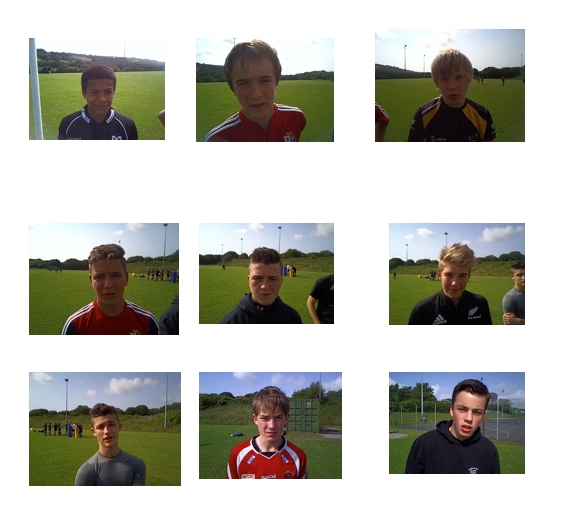
If you can videotape the trial - brilliant. It will make an enormous difference.
But if you can't, keep your success criteria to the barest points. Strike off the best players immediately from the list and watch others. Don't be swayed by a boy who does two dreadful things in the first half of the trial. The slowest decisions should be made on the poorest players.
Numbered shirts are very important.
If you can, take a picture of each player before the trial - makes a massive difference. I use a handheld video camera, go in front of each player and ask them their name and school.
Selection meetings
This is a book in itself. Have a chair of selectors, whose decision is final. Get the best off the table straight away. Avoid talking about previous years or any superfluity of explanation.
Build a list of the marginal players. Look at the balance of the squad. Don't have three players in one position, unless at least one of them can play somewhere else.
Potential v now
Finally, should you pick a player on potential, or what they can do now? For a season, I would pick on what they can do now. I always assume that the door is open and that if a player who has potential does kick on, they can come into the squad at a later date or there is always next year.
You won't get every selection right. Some players will be missed. When I first worked at the Ospreys with the youth teams, they had just dropped at small fullback from their U18 academy. Leigh Halfpenny survived that, joined another club and went onto star for the British and Irish Lions! Thankfully that wasn't anything to do with me, but I know I've not made the right decisions every time. Good luck.
Newsletter Sign Up
Coaches Testimonials

Gerald Kearney, Downtown Las Vegas Soccer Club

Paul Butler, Florida, USA

Rick Shields, Springboro, USA

Tony Green, Pierrefonds Titans, Quebec, Canada
Subscribe Today
Be a more effective, more successful rugby coach
In a recent survey 89% of subscribers said Rugby Coach Weekly makes them more confident, 91% said Rugby Coach Weekly makes them a more effective coach and 93% said Rugby Coach Weekly makes them more inspired.
Get Weekly Inspiration
All the latest techniques and approaches
Rugby Coach Weekly offers proven and easy to use rugby drills, coaching sessions, practice plans, small-sided games, warm-ups, training tips and advice.
We've been at the cutting edge of rugby coaching since we launched in 2005, creating resources for the grassroots youth coach, following best practice from around the world and insights from the professional game.




